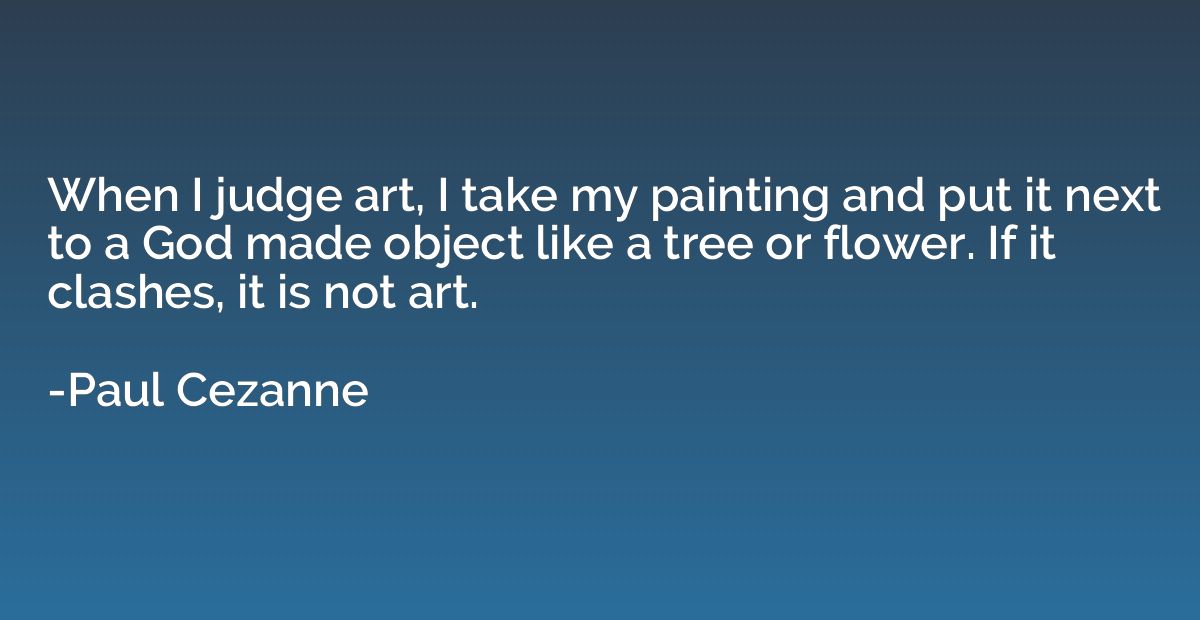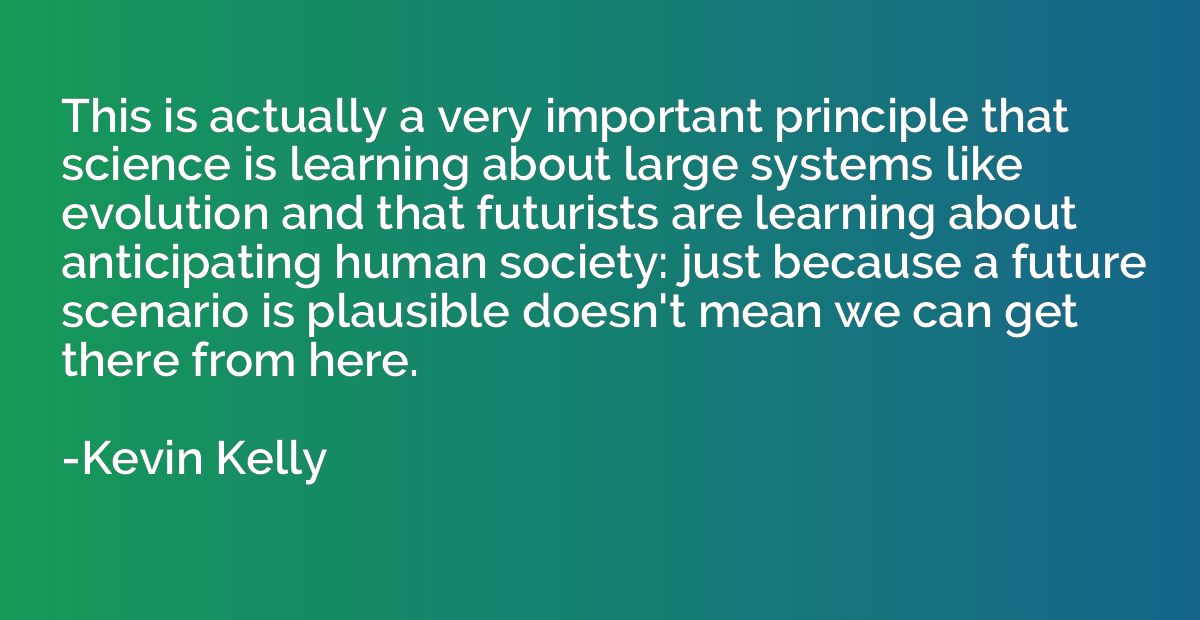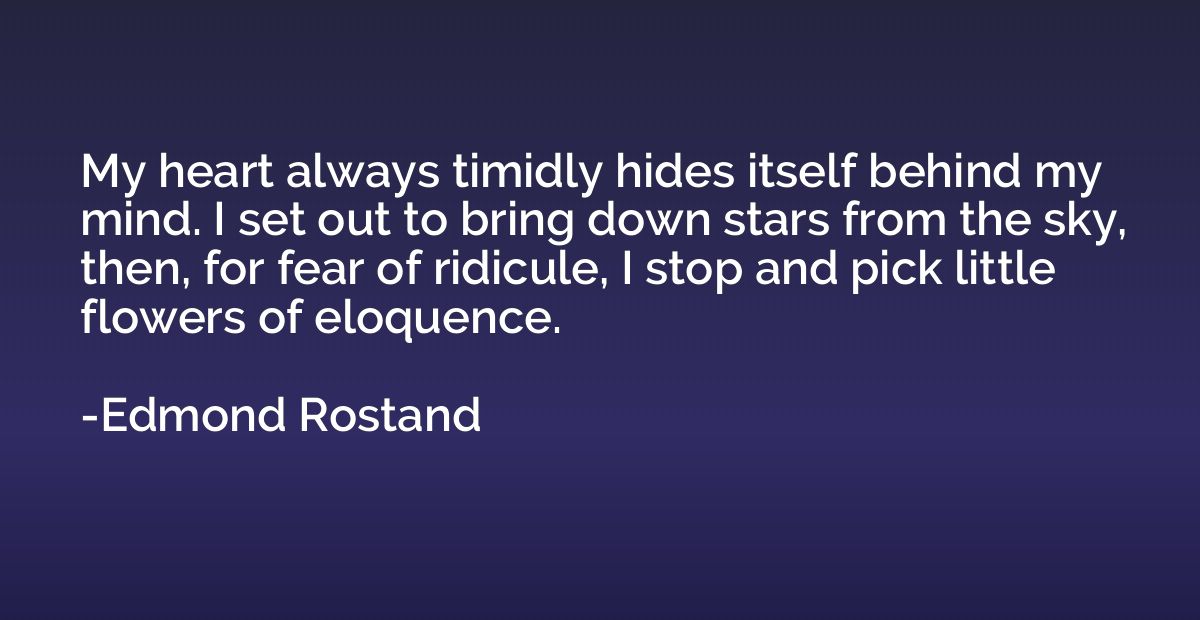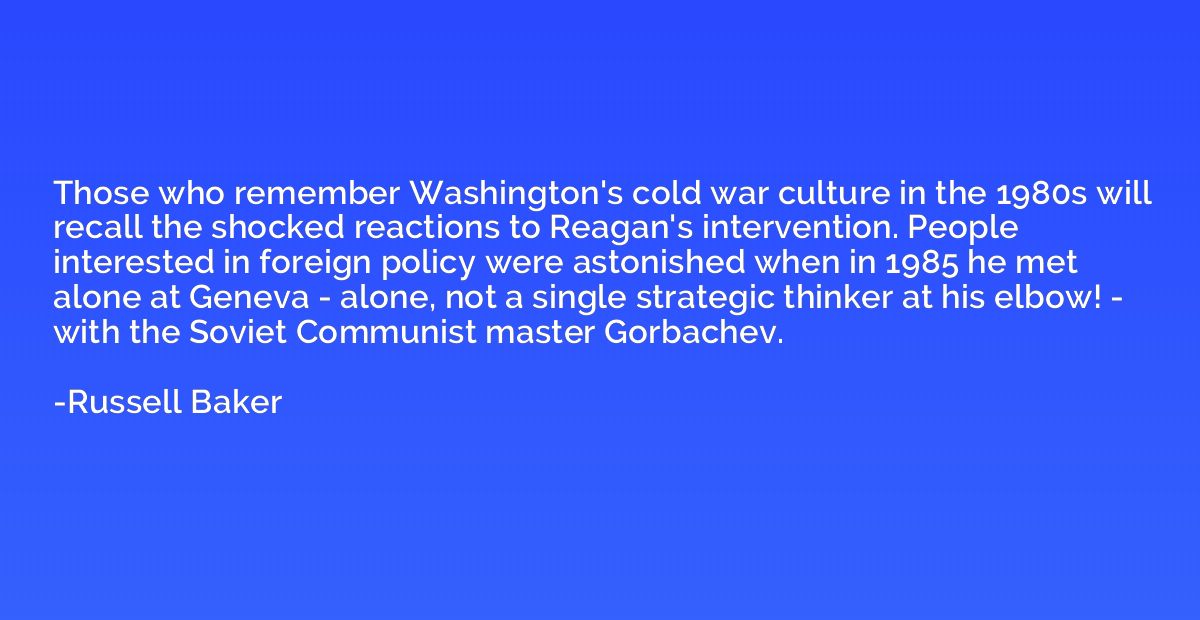Quote by Emma Forrest
There's a boy whose affection I am determined to hunt down and kill. It used to be material objects I felt I needed to be happy. It would make me feel stable if I had him. If I had someone like him, it would prove that I'm stable, and then I wouldn't have to do the work to get there. I am constantly looking for ways to cede control of my worries to someone, anyone.

Summary
This quote reveals a person's desire to find validation and stability through someone else's affection. The individual confesses that in the past, they relied on material possessions for happiness, but now they have shifted their focus onto this boy. They perceive that having the boy's affection would provide a sense of stability and a proof of their own stability without putting in the work to find it themselves. This person exhibits a constant search for someone to take control of their worries and provide comfort, highlighting their reliance on others for emotional wellbeing.
By Emma Forrest














